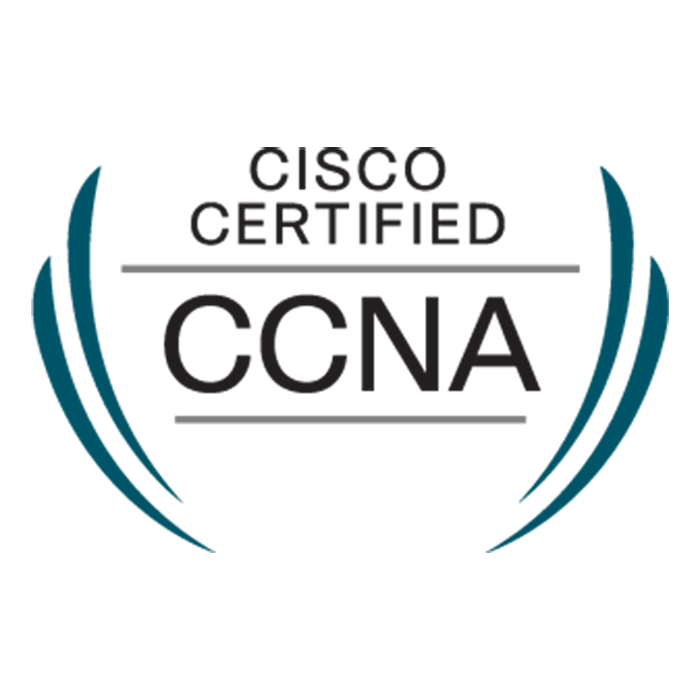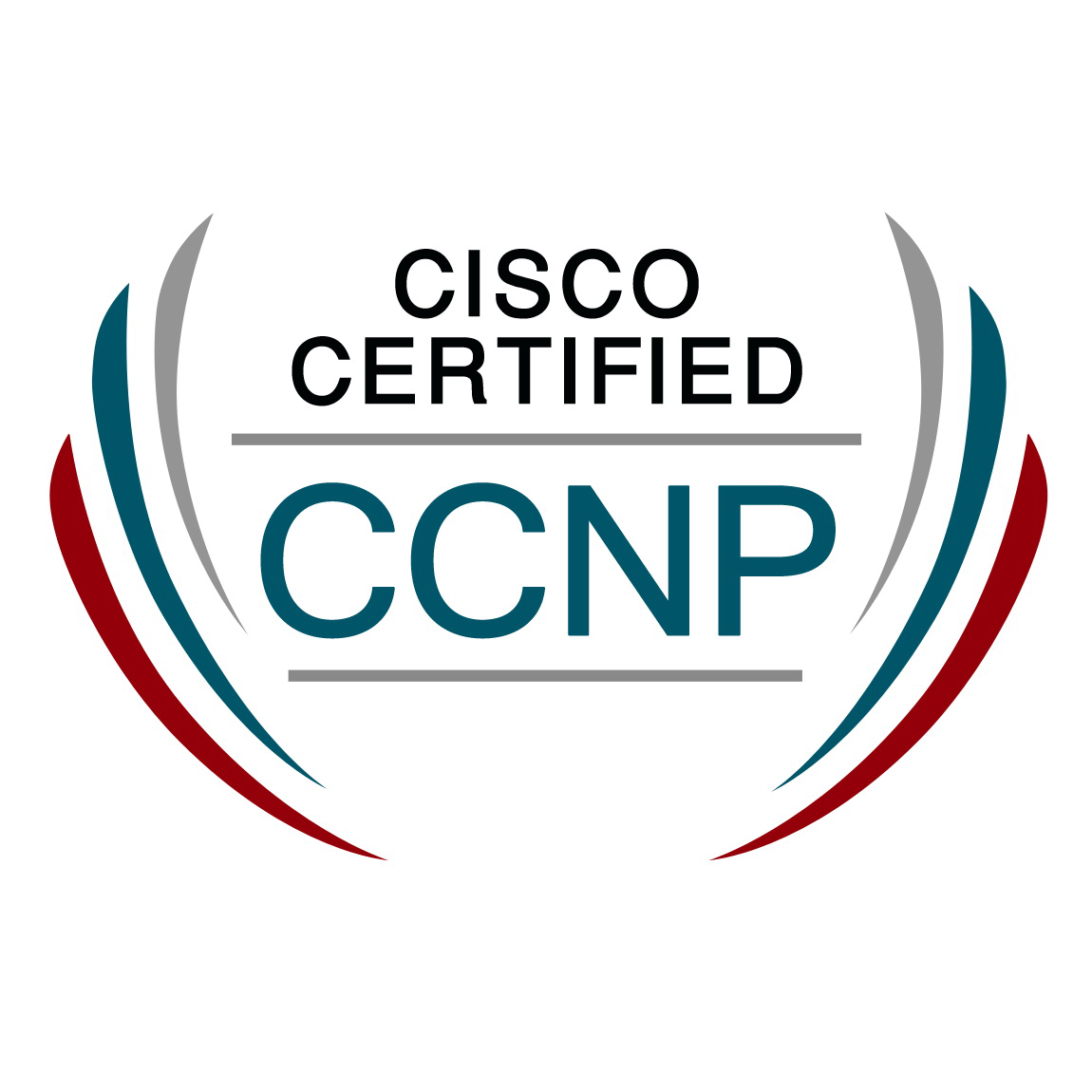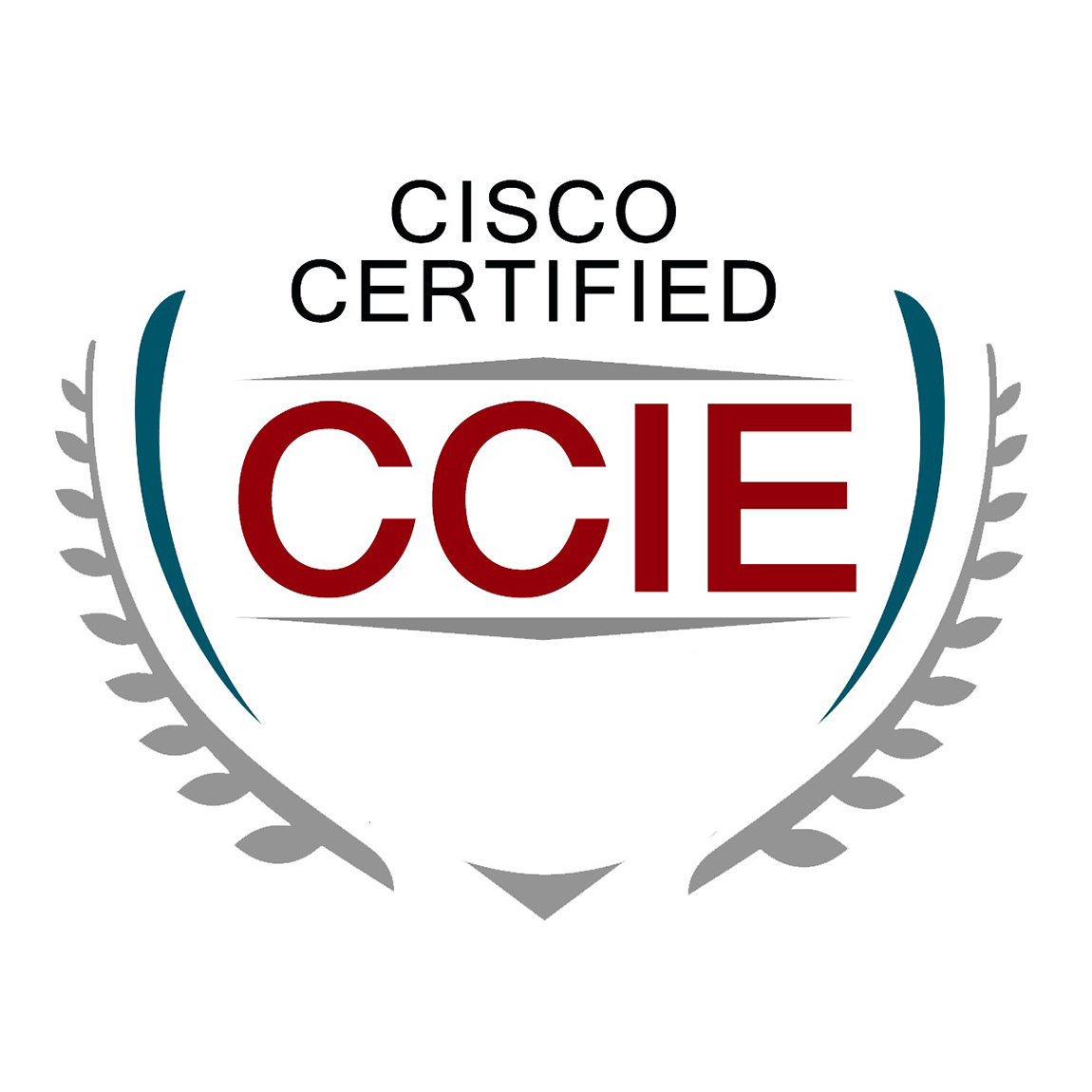Products Description
Cisco certifications are globally recognized credentials offered by Cisco Systems, designed to validate skills and knowledge in networking, IT, and telecommunications. These certifications cater to various levels of expertise and cover a wide range of technical domains, making them highly sought after in the IT industry.
1. Cisco Certification Levels
Cisco certifications are structured into five levels to suit professionals at different stages of their careers:
Associate Level: Certifications for foundational networking skills (e.g., CCNA - Cisco Certified Network Associate).
Professional Level: Advanced certifications for specialized skills (e.g., CCNP - Cisco Certified Network Professional).
Expert Level: Prestigious certifications showcasing expert-level knowledge (e.g., CCIE - Cisco Certified Internetwork Expert).
2. Cisco Certification Tracks
Cisco certifications span various technology areas, including:
1. Enterprise Networking: Covers network architecture, routing, and switching.
2. Security: Focuses on network security, threat management, and VPN solutions.
3. Data Center: Deals with data center infrastructure, automation, and management.
4. Collaboration: Includes voice, video, and unified communications solutions.
5. Service Provider: Targets service provider network technologies.
6. DevNet (Developer): Focuses on software development, APIs, and automation for networking.
3. Benefits of Cisco Certifications
1. Industry Recognition: Validates expertise in Cisco technologies and industry standards.
2. Career Advancement: Enhances job prospects and opens doors to higher-paying roles.
3. Comprehensive Learning: Provides hands-on experience and deepens technical understanding.
4. Global Acceptance: Recognized by employers and organizations worldwide.
4. Certification Process
1. Choose a Certification: Decide on the level and track based on career goals.
2. Prepare for the Exam: Utilize Cisco's official training, lab simulations, and study materials.
3. Take the Exam: Exams are administered online or at authorized testing centers.
4. Maintain Certification: Renew every three years to stay updated with technological advancements.
Cisco certifications, such as CCNA, CCNP, and CCIE, are some of the most respected in the industry and provide a solid foundation for a successful career in IT and networking.









